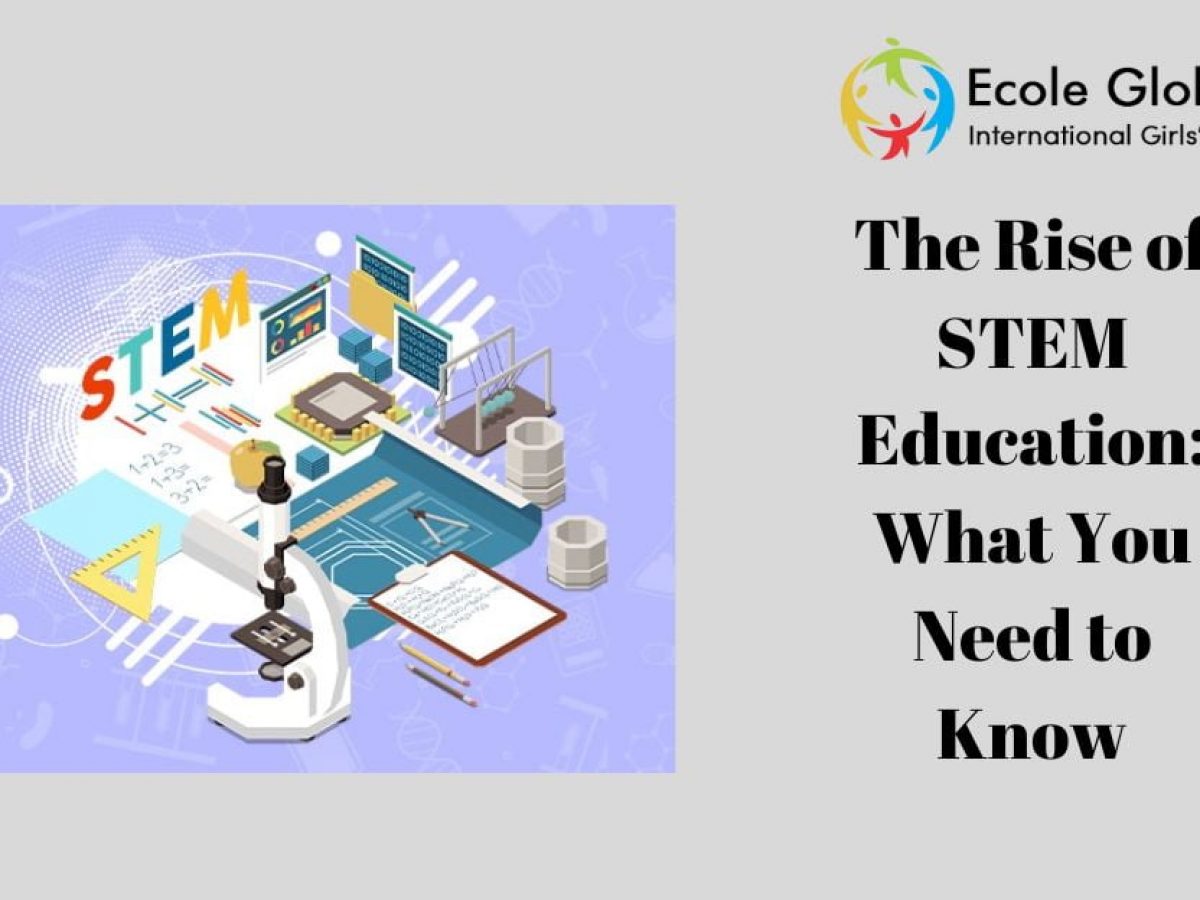
The world as we know it is rapidly changing, with advancements in technology and science shaping every aspect of our lives. In this dynamic landscape, the need for STEM education has become more crucial than ever before. STEM, which stands for Science, Technology, Engineering, and Mathematics, forms the backbone of innovation and progress in our society. Let’s delve into why STEM education is essential and how it plays a pivotal role in preparing the leaders of tomorrow.
Fostering a Culture of Innovation
STEM education lays the foundation for fostering a culture of innovation among our youth. It encourages students to think critically, solve problems creatively, and explore new ideas. By engaging in hands-on activities and experiments, students develop a mindset that embraces challenges and seeks innovative solutions. This mindset is not only valuable in the classroom but also in the real world, where innovation drives progress and success.
Meeting the Demands of a Digital World
In today’s digital age, proficiency in technology is no longer a luxury—it’s a necessity. STEM education equips students with the digital literacy skills needed to thrive in a tech-driven world. From coding and programming to understanding complex systems, students gain the knowledge and confidence to navigate the digital landscape with ease. This proficiency opens doors to a wide range of career opportunities in fields such as software development, cybersecurity, and data analytics.
Addressing Global Challenges
The challenges facing our world today—from climate change to healthcare disparities—require innovative solutions grounded in scientific research and technological advancements. STEM education empowers students to tackle these challenges head-on by providing them with the tools and knowledge needed to make a difference. Whether it’s developing sustainable energy solutions or designing life-saving medical devices, STEM-educated individuals are at the forefront of creating positive change.
Building Essential Skills for the Future
Beyond the technical knowledge gained, STEM education also cultivates essential skills that are highly valued in today’s workforce. Skills such as critical thinking, collaboration, communication, and problem-solving are integral components of STEM learning. These skills not only prepare students for successful careers but also enable them to become adaptable and resilient individuals in an ever-evolving world.
Closing the Skills Gap
In recent years, there has been a growing concern about the skills gap in the workforce. Employers are seeking candidates with strong STEM backgrounds to fill a wide range of roles, from engineering and IT to healthcare and finance. By investing in STEM education, we can bridge this gap and ensure that our youth are well-prepared to meet the demands of the job market. This not only benefits individuals seeking employment but also strengthens our economy as a whole.
Encouraging Diversity and Inclusion
Diversity and inclusion are integral to the fabric of our society, and STEM education plays a crucial role in promoting these values. By providing equal access to STEM opportunities for students of all backgrounds, we create a more diverse and inclusive workforce. This diversity of perspectives leads to greater innovation and creativity, as individuals from different walks of life bring unique ideas and insights to the table.
Inspiring the Next Generation of Leaders
Perhaps most importantly, STEM education inspires and empowers the next generation of leaders, innovators, and change-makers. When students are exposed to the wonders of science, the possibilities of technology, the creativity of engineering, and the logic of mathematics, they are inspired to dream big and pursue their passions. STEM education ignites a spark within students, fueling their curiosity and laying the groundwork for a future filled with endless possibilities.
In conclusion, STEM education is not just about teaching scientific principles or mastering mathematical equations—it’s about preparing our youth to thrive in a world that is constantly evolving. It’s about fostering a culture of innovation, addressing global challenges, building essential skills, closing the skills gap, promoting diversity and inclusion, and, above all, inspiring the next generation of leaders. As we look towards the future, let us continue to prioritize STEM education and empower our youth to create a brighter tomorrow. Read more about need for stem education



